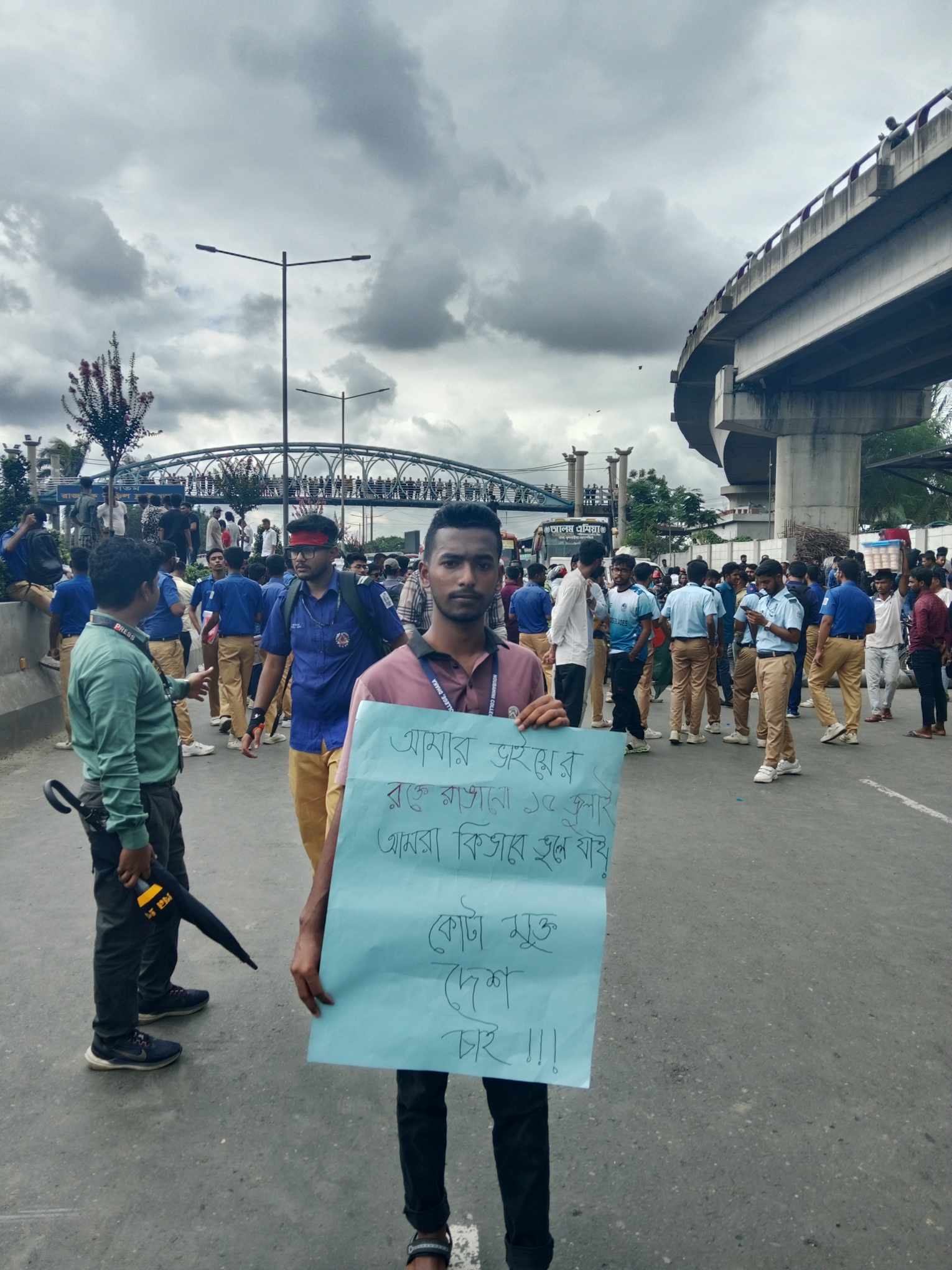Bangladesh Protest Movement and Foreign Remittance Freeze

Impact on Remittances
The recent student-led quota reform protests in Bangladesh have led to significant disruptions, including a notable decline in foreign remittances. These protests were driven by demands for changes to the government’s quota system in public sector jobs and educational institutions.
In July 2024, the daily remittance income averaged $5.41 million, a substantial decrease from June’s average of $8.47 million per day. The total remittance for July was $1.65 billion, which was 35 percent lower than the previous month and 16 percent lower than July 2023. This sharp decline is primarily attributed to the internet blackout imposed nationwide from the evening of July 18 due to the protests. The inability to access online banking services prevented many expatriates from sending money home, exacerbating the situation.
Reasons for the Freeze
In response to the government's harsh measures against protesters, including the use of force and internet blackouts, some migrant workers organized rallies and called for a halt in remittances as a form of protest. This move was aimed at pressuring the government to address their demands and to show solidarity with the protesters in Bangladesh.
The protests saw significant participation from Bangladeshi expatriates in various countries, including those in Europe, Asia, the Middle East, and the USA. Some of these rallies also called for a "shutdown" of remittances through formal channels, which contributed to the decline in remittance inflows during this period.
Economic Implications
The decline in remittances has put additional pressure on Bangladesh's economy, which was already grappling with high inflation, falling exports, and a protracted dollar crisis. Remittances are a crucial source of foreign exchange for the country, and the disruption has affected the overall economic stability.
The government has been trying to address the issues by restoring internet services and communicating with its missions abroad to understand and address the concerns of expatriates involved in the protests. Despite these efforts, the impact of the protests on remittance inflows has been significant.
The Bangladesh Bank remains hopeful that the situation will stabilize and that remittance inflows will return to normal in the coming days. However, the true effect of the resistance against formal transactions will be clearer once the monthly remittance data is fully analyzed.
Future Projections
To restore confidence among expatriates and ensure a steady flow of remittances, the government needs to take several measures. These include ensuring uninterrupted communication channels, addressing the grievances of migrant workers, and taking diplomatic steps to secure the release of those jailed abroad for participating in protests.
The government also aims to encourage formal transactions and investments by Bangladeshi expatriates to support the country’s economic recovery. Ensuring the well-being of migrant workers and addressing their concerns promptly will be crucial in maintaining the inflow of remittances and supporting the country’s foreign exchange reserves.
In summary, the recent protests and the resulting foreign remittance freeze have had a significant impact on Bangladesh's economy. The government's response and efforts to restore normalcy will be critical in mitigating the economic fallout and ensuring the continued flow of remittances from expatriates.
